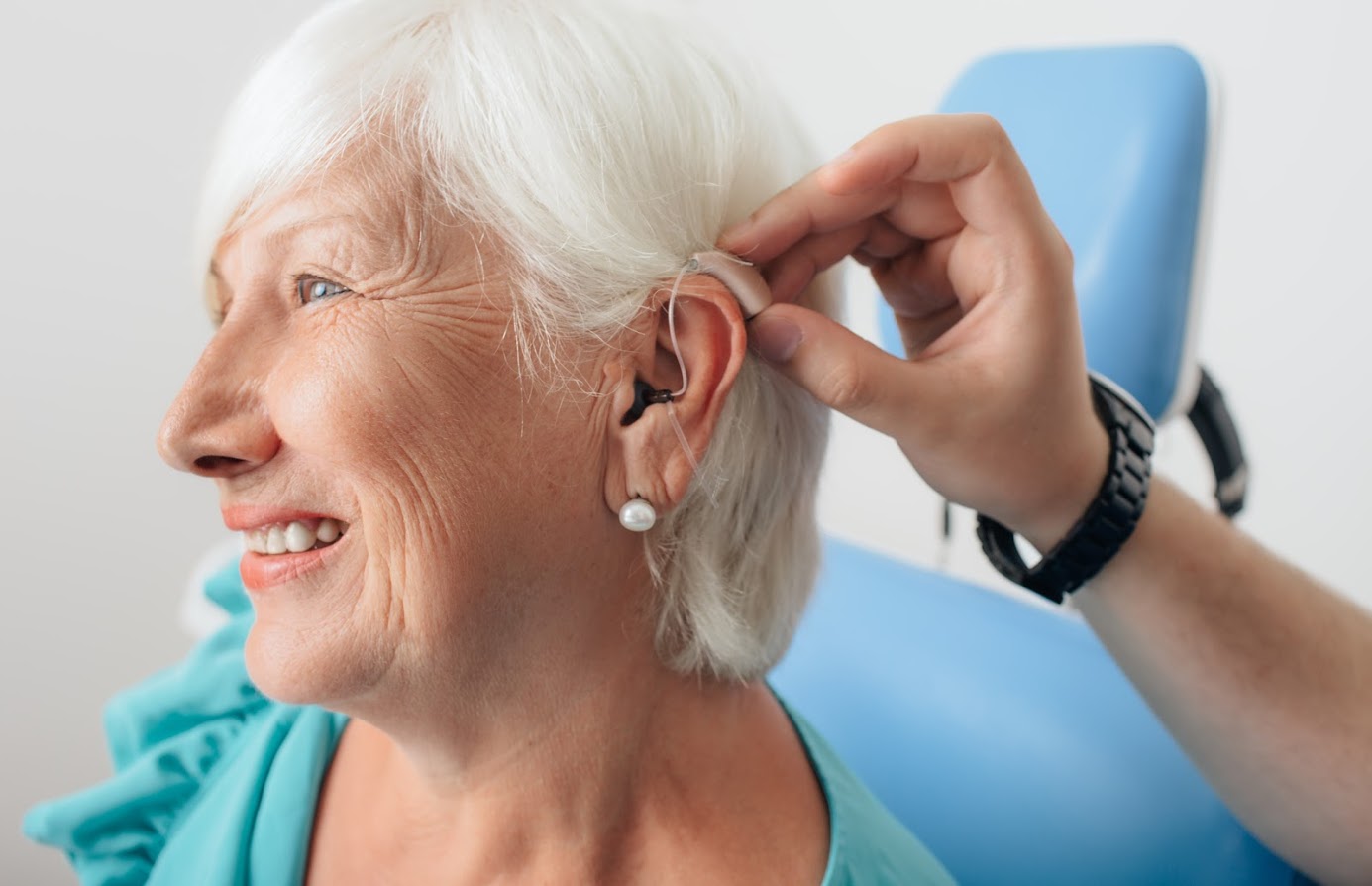Repairing vs. Replacing Your Hearing Aid
Hearing aids don’t last forever. It’s no surprise that, eventually, moisture and earwax take their toll on the tiny electronic components in even the highest quality hearing aids. But just because your hearing aid is acting up doesn’t mean it’s time to order another. This guide can help you evaluate whether to replace or repair your hearing aid.
How Old Is It?

Most hearing aids last about four to six years. If yours is getting up there in age, it will likely only continue to have problems. Plus, technology changes quickly, and that makes it more and more difficult to keep an outdated hearing aid functioning properly. Typically, hearing aids older than about four years should be replaced rather than repaired. Some patients do continue to wear aids the same aids for more than four years. We are always willing to investigate repair costs to enable you to make a good decision.
Does It Have a Warranty?
Hearing aids aren’t inexpensive devices, so a warranty is worth the peace of mind in case of unexpected problems. Warranties don’t cover all problems, but it’s nice to avoid paying that out-of-pocket expense for a new one. Most likely, if the hearing aid is under warranty, the manufacturer will repair it unless a replacement is absolutely necessary. A repair charge will typically include a six or twelve month warranty.
Have You Had Many Problems With It?
If you’ve consistently had problems with your hearing aid, it’s probably time for a replacement. But if you don’t typically have problems with it, repairing your hearing aid may do the trick. Most hearing aids do need to be repaired or corrected at some point during their lifespan, especially due to feedback and volume issues.
How Much Do You Like Your Hearing Aid?
If you don’t mind paying for a new one, and you are ready to try newer technology, consider replacing your hearing aid. Today’s models are smaller and less obvious than older ones. Some, like certain ones by Phonak, Lyric, and Starkey, are nearly invisible to observers, while options from Widex are designed to distinguish between soft and loud noises for greater sound clarity. They also use newer technology that makes it easier to use cell phones and hear the TV. Aids by ReSound, Oticon, and Signia also make it easier to connect in a digital world. If your old hearing aid doesn’t have this advanced technology, feel free to upgrade, but if you’re still happy with your old one, opt for the repair.
What Does Your Audiologist Think?
The decision to repair or replace your hearing aid should be made jointly between you and your audiologist. At Associated Hearing Professionals, we can assist with all your hearing aid needs, from conducting hearing tests to helping you choose between types of hearing aids. Our audiologists can help you decide whether to repair or replace your hearing aid. Fill out our contact form today or call us at 314-725-2686 to learn more.
